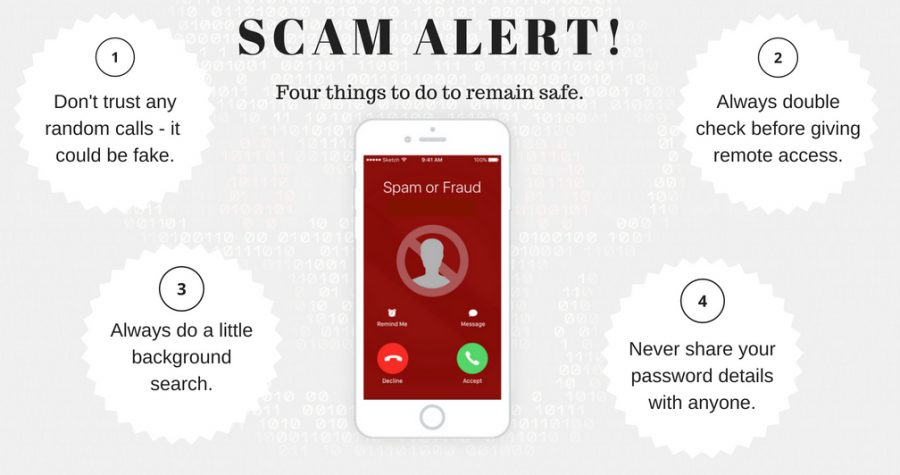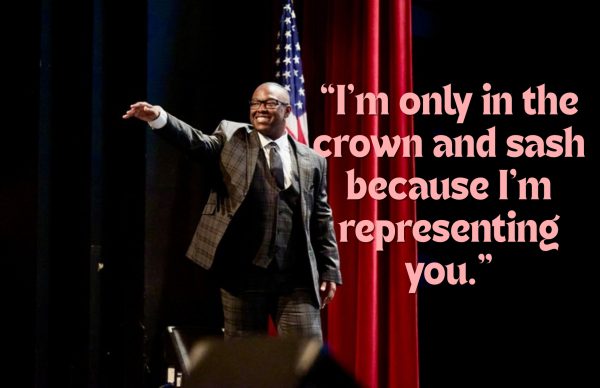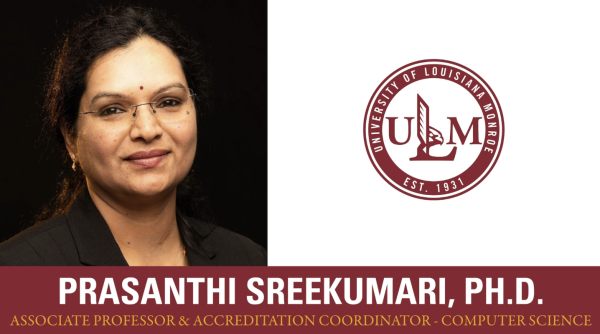Scam Alert: College students among targets
University students have gained another worry while starting off the new school year, telephone scammers.
A telephone scam’s purpose is to steal personal information or money from whomever is at the receiving end of the scammers phone calls.
According to the Federal Trade Commission (FTC), every year, thousands of people fall victim to phone call scams through various ways.
Recently, there has been an increase in scammers calling local numbers. These phone calls will often times have the local “318” area code in their number to appear more legit.
The FTC warns against answering any questions prompting an individual to give his or her personal information.
One of the more frequent scams involves asking the recipient about their student loans. It can be a loan forgiveness or overdue loan payment but the end result is always the same.
Other scams used are healthcare, car loans and the occasional recorded line trying to get you to say “yes” in order to charge you for random things and use your voice as an approval form.
“Almost everyday, they ask if I need affordable healthcare. I tell them I have some through my job, and they say they can get it cheaper. Yeah right. I’ve told them I’ve died before, and they still call,” said Regan Crook a recent ULM summer graduate, when asked if she has received a call from a suspected scammer.
The FTC has a national “Do Not Call Registry.” Once added to the list, you will no longer be able to be contacted by telemarketers. Although the registry is set up for telemarketers, it’s fairly effective in doing away with calls from potential scammers.
If a scammer still calls after you have been added to the list, you may be able to report the number on the FTC’s website. It is illegal for them to keep calling you once your number is on the “Do Not Call Registry.”
“Most of them are the ‘extended warranty’ call. I drive a “98 suburban and bought it used,.I’ve never had a warranty on it, and I’m pretty sure the warranty has been out for years now,” said Kayli Clardy a sophomore business administration major.
Many students at ULM have reported getting strange or suspicious calls lately some more than others.
There are various apps available to download for free that automatically decline calls from suspicious numbers or numbers that have been previously reported as being scams.
The FTC warns to never answer any questions asked if contacted by a strange number and instead, hang up immediately and report the number to the proper authorities as quick as possible.
College-aged individuals and senior citizens are the biggest targets of these scam artists.







